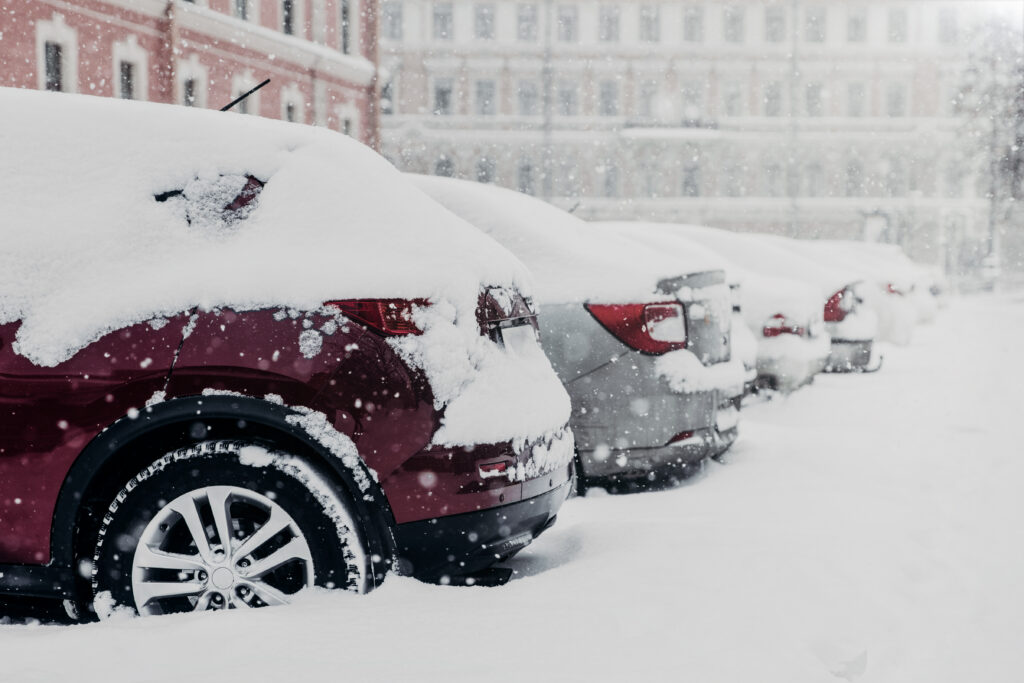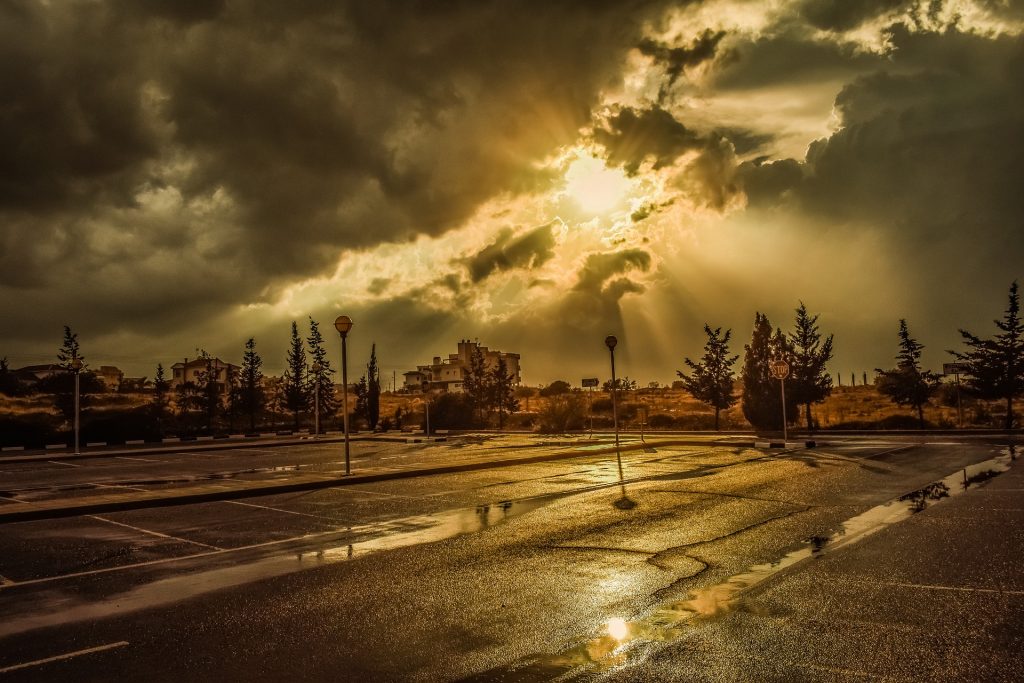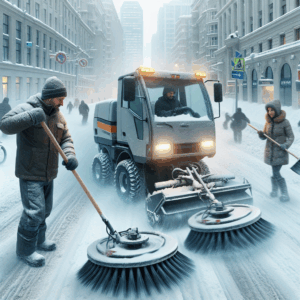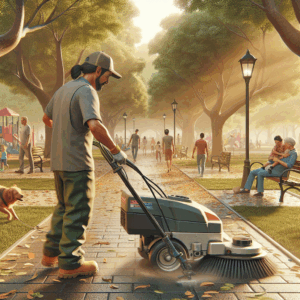How Can Winter Damage Your Paved Surfaces?
Winter means wintertime conditions, which can cause serious damage to paved surfaces within a short period of time without the proper precautions.
For example, sprinkling salt makes snow melt, but colder temperatures can cause the snow-melt to freeze into ice. This is problematic because the snow-melt can seep into the concrete, causing microscopic bits and pieces of it to break off when it refreezes into ice. Likewise, when a snow shovel comes too close to the concrete, it can cause scraping damage. Something that is particularly problematic because compacted snow and ice can be challenging to remove without such measures.
Since both repairing and replacing paved surfaces tend to be expensive and time-consuming, you should strive to minimize winter damage to your paved surfaces as much as possible. In this as in so many other things, an ounce of prevention is worth a pound of cure.
How Can You Prevent Winter Damage?
You can use these tips to prevent winter damage to your paved surfaces:
- Sealers are used to provide paved surfaces with a protective barrier that will keep out moisture and other potential contaminants. However, it is important to remember that seal-coats are not permanent, meaning that you need to reseal your paved surfaces from time to time if you want to maximize their useful lifespan. Generally speaking, re-sealing your paved surfaces once every three years should strike a good balance between sealing too much and sealing too little.
- If you notice chips, cracks, and other signs of damage in your paved surfaces, you should get them repaired sooner rather than later if you want to keep them from spreading. After all, chips, cracks, and the like create more vulnerabilities in your paved surfaces, meaning that their presence causes the rate of deterioration to speed up.
- Salt can cause serious damage to your paved surfaces, so use an alternative deicer such as either calcium chloride or magnesium chloride. This ensures similar results while reducing the amount of damage done to the concrete. Better still, using an alternative deicer can reduce the amount of pollution that enters our water supplies because of run-off.
- Shoveling the snow on your paved surfaces is essential to ensuring the safety of people on your premises. If you are planning to shovel with your own hands, you should make sure to use a plastic shovel rather than a metal shovel. This is because the latter can bite into the concrete, both creating new problems and causing existing problems to worsen. In contrast, if you are going to use a snow removal machine, you should make sure that it is at least half an inch above the concrete at all times. Doing so means leaving some of the snow behind, but it also means preventing damage to both the concrete and the machine.
Contact Us
Of course, if you want to protect your paved surfaces from winter damage but can’t spare the time, you should not hesitate to contact a professional for parking lot cleaning services. A pro will have the expertise, experience, and equipment needed to ensure that you can continue to count on your paved surfaces for years and years to come.









